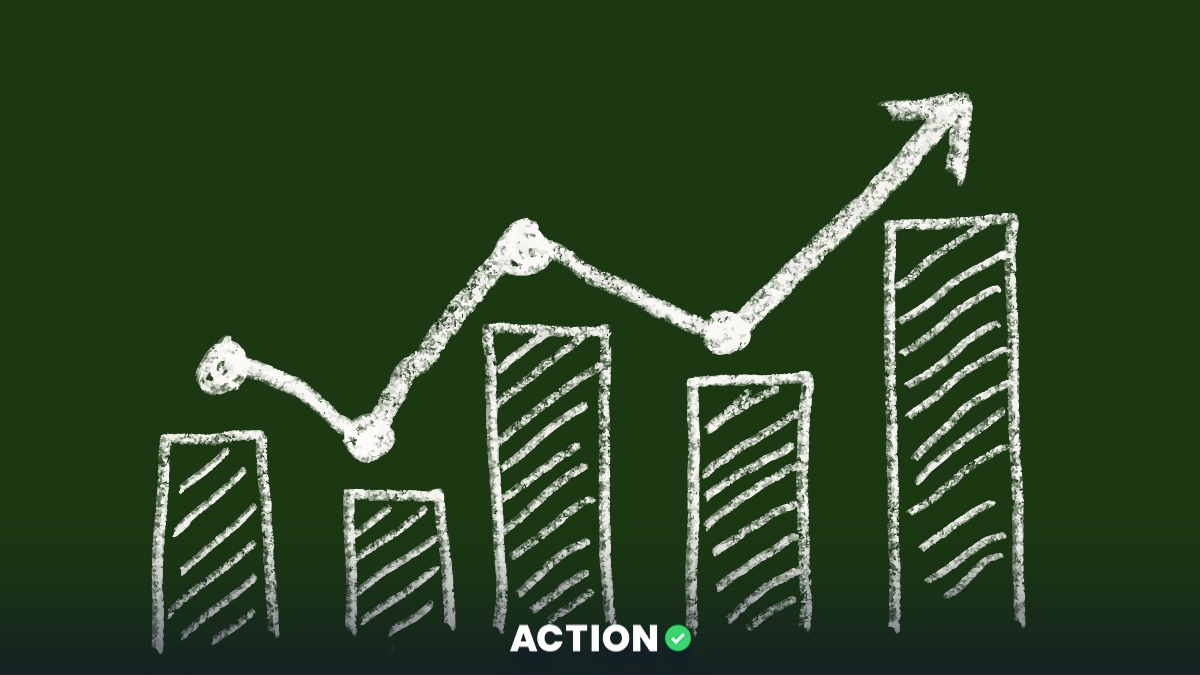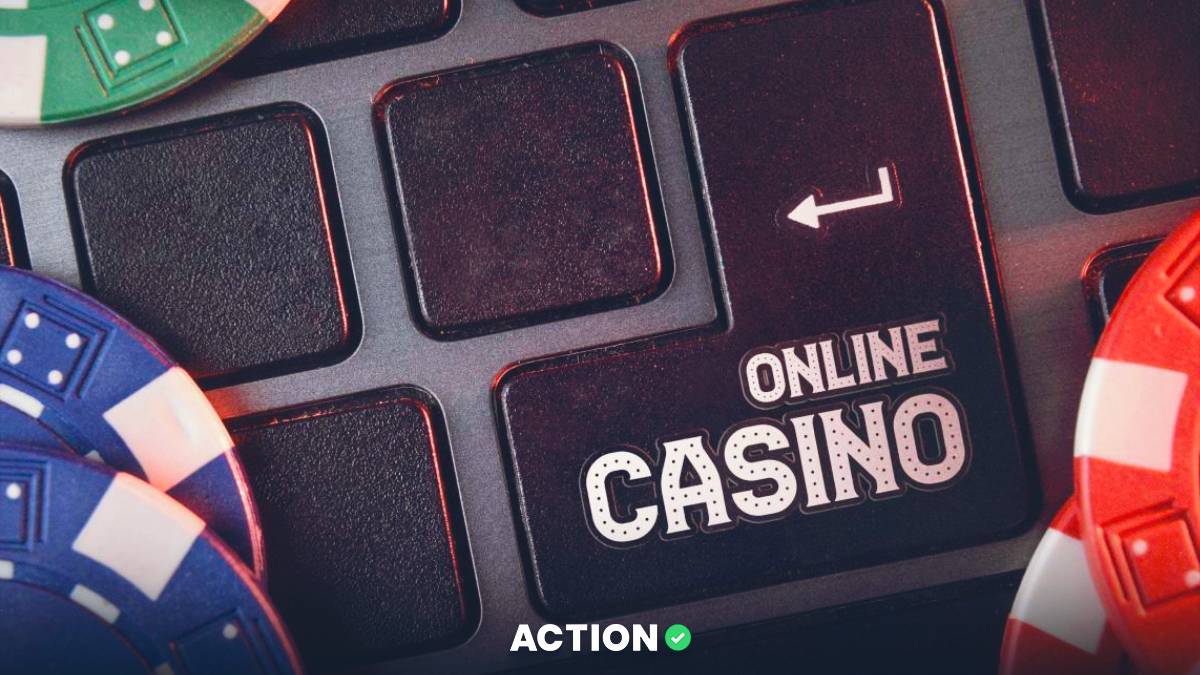Public perception of legal sports betting is becoming increasingly skeptical across the United States.
This trend is reflected in a recent survey conducted by the Pew Research Center, which highlights growing concerns about the impacts of legal sports betting on society.
According to the survey, 43% of U.S. adults believe that legal sports betting negatively affects society, up from 34% in 2022.
Similarly, 40% now think it harms sports, compared to just 33% three years ago. Despite these apprehensions, about half of Americans remain neutral regarding its societal impact.
Let's take a closer look at the reasons behind this skepticism.
Key Concerns About Legal Sports Betting
Several factors are driving the growing skepticism about legal sports betting. These concerns include:
Gambling Addiction and Financial Harm: The ease of access to online sports betting contributes to rising gambling addiction rates. This is especially prevalent among young adults, who often face high levels of debt related to betting activities.
Erosion of Sports Integrity and Corruption Fears: There are increasing worries about unethical practices in sports, such as match-fixing and bribery, which threaten the fairness and integrity of sports events.
Negative Cultural and Social Impacts: The abusive culture surrounding sports betting, particularly towards athletes, affects their mental health and well-being. This culture also triggers harassment, especially against college athletes after betting losses.
Aggressive Advertising: The widespread advertising of sports betting through celebrity endorsements and bonuses is normalizing gambling. This practice is particularly concerning on college campuses where vulnerable demographics are targeted.
Broader Societal Costs: Gambling debts can lead to broader social issues, such as welfare dependence and crime involvement, impacting families and communities.
With the rising concerns surrounding legal sports betting, it's crucial for individuals to have access to responsible gambling resources.
Action Network provides a range of responsible gambling resources to help bettors make informed decisions and manage their gambling habits. Efforts like Responsible Gaming Education Month also help.
These resources aim to educate the public on the risks of gambling addiction and promote safer betting practices. By offering tools and guidance, Action Network contributes to mitigating some of the societal concerns associated with sports betting.
Growing Concern Among Younger Adults
The survey reveals a significant rise in negative views among younger adults, especially men under 30.
Nearly 47% of this demographic now see sports betting as harmful to society, compared to 22% in 2022. This shift reflects increased advertising and availability of legal sports betting in 39 states and D.C.

They're already trying to get ahead of this issue in The Garden State.
S-3666 is currently progressing through Trenton with the objective of incorporating education on gambling risks into the high school curriculum across New Jersey.
Balancing Economic Benefits with Social Concerns
While concerns about societal impacts rise, some reports suggest that the feared widespread economic damage is not yet visible in bankruptcy or credit default rates in states with legal sports betting. However, skepticism about the societal benefits persists, driven by worries about addiction and threats to sports integrity.
While legal sports betting continues to expand, public skepticism is intensifying.
Concerns about addiction, cultural impacts, and sports integrity overshadow the perceived financial benefits and entertainment value of sports betting. As the debate continues, these concerns are likely to shape future discussions and policies surrounding sports betting in the U.S.










